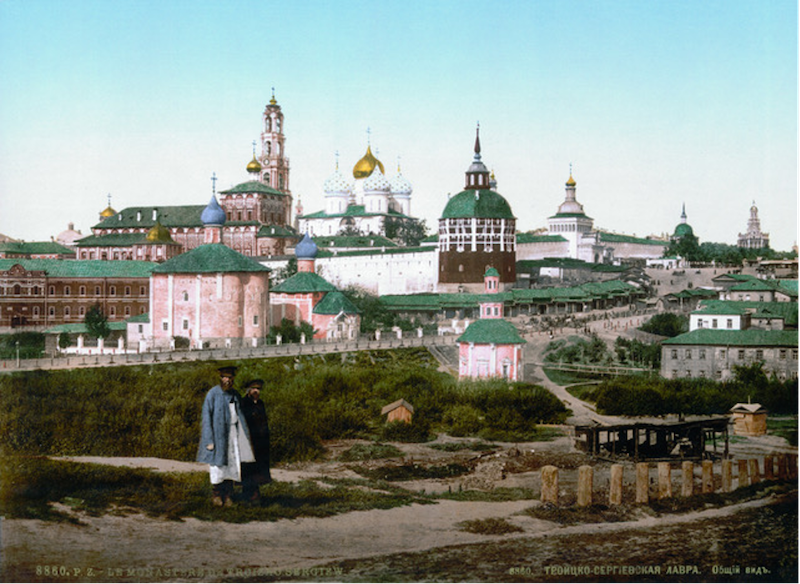
Immunity as custom, immunity as law: tarkhan and the evolution of land grants in post-Mongol Eurasia
Angus Russell (University of Cambridge)
The centuries following the Mongol conquests of Eurasia witnessed a proliferation of new kinds of land grants that determined spatial and legal rights – from suyūrghāl in Timurid Iran to pomest’e in Moscow. Too often, however, the study of tenure has been beholden to the dictates of “feudalism” as derived from Western Europe: seigneurial rights observed in France become the conceptual yardstick against which all pre-modern notions of property are measured. In Soviet scholarship, this tendency was modulated further by Marxist teleologies that saw the feudal “period” as an inextricable step in the emergence of capitalism. Land, of course, occupies a key place in carving out difference between “sedentary” societies and the “nomadic” Mongols who invaded them; the latter ostensibly range across land, rather than permanently occupying it.
Against this tension between fixity and mobility, I adopt a different approach: rather than tracing the evolution of tenure solely through time, I explore how land across late medieval Eurasia (c. 1300–1500) was intimately bound up with legal immunity. Grants issued by the khans and their successors conferred the status of tarkhan (darqan) on both individuals and communities, offering them exemption from taxation alongside certain judicial rights. Such immunities were a common feature of post-Mongol governance, yet they have primarily been studied as indicators of taxation, rather than as legal embodiments in their own right. By turning attention to this lacuna, I aim to highlight the continued interconnectedness of institutional forms in late medieval Eurasia – an interconnectedness nonetheless premised on localised practice.
